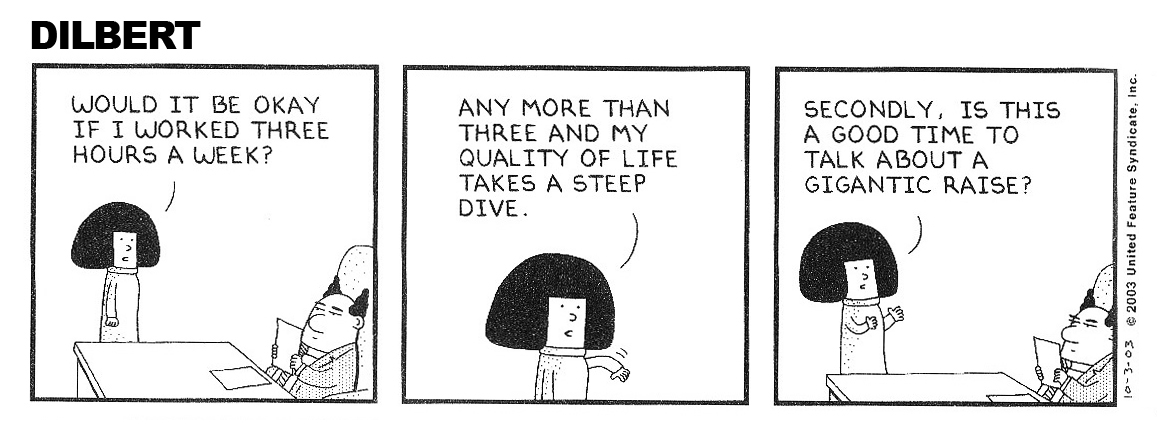
The holiday season can be so lonely for many or amplify stresses for others—especially those in career transition. Although a sensitive subject, I felt it important to share this section of my book to encourage anyone who’s ever had the thought of suicide skitter across their mind.
As private and ugly a thought as suicide is, I think everyone entertains the option—especially during an extended job search or times when they are not experiencing positive results from their efforts or are receiving a lot of rejections. Here are some ways that have helped me fend off these negative thoughts.
1) Make a list of what you’re thankful for—what you do have and the things that are going right for you currently. Think about what you’ve accomplished today, who you helped or plan to help, what made you happy today, and anything you’re looking forward to next (e.g., dinner with friends, that vacation or holiday party, buying something from your wish list). This should help get you into a more positive frame of mind.
2) Hang in there. Sometimes getting that right job takes longer than we’d all like because it’s a matter of timing. Perhaps the job is not quite open yet because, for example, the person in it now hasn’t been promoted or left to be a full-time mom.
3) Take comfort in the fact that God may need you somewhere new now, to encourage or help others or to bless your new employer with your skills, knowledge, and experience. Maybe you’re a high-level (C-suite) manager who’ll be brought in to completely change a location’s culture for the better.
4) Remember, regardless of your work situation or anything else that’s a burden on your mind during this time, your friends and your family still need you. Say it out loud: “People… need… me.”
5) Fact, faith, and feelings—I remember years ago as a youth seeing The Four Spiritual Laws tract. Simple as it may seem, the analogy is a train. Fact is the engine, so regardless of your feelings, remember the facts and what your actual situation is without a lens of drama or worry. Your feelings are a section of the train, the caboose. But a train can run without a caboose. So although your feelings are a part of the equation, remember Fact is out front, Faith knits it together, and Feelings are last. Put your faith in what God has promised in Scripture and in His trustworthiness.
6) Journal—whether it’s a paper journal or just making a new document for each day you write, journaling is a healthy and effective way to pour out your sadness, frustration, thoughts, disappointments, joys, etc. This is not only cathartic, but it can be a means of sorting out your feelings and thoughts. Further, most times you can figure out a solution to what’s bothering you. As much as I can, I try to end the journal entry with what is going right or well, stating the key thoughts I’ve distilled out of that journal entry, and/or the things I’m thankful for.
7) List the good things about yourself. As stated earlier, most people derive self-worth and identity from their job. And that’s to be expected. Heck, it’s one of the first things someone you’ve just met asks you about, not to mention where you spend a majority of your time! So in seasons when you’re not working, it’s easy to forget your value outside of a job. Shoot for 5 good things about yourself…I bet you can come up with 10! These can be personal traits and/or about yourself as an employee. Consider your strengths, things for which others have complimented you, etc. You can even ask a close friend or 2 for their take on what your strengths are.
8) You never know what awesome thing is to come, personally or in your work situation! For example, I never thought I’d be able to travel internationally until one of the music dot-coms I worked for closed down. We got 3 full months of pay and some other great things in our severance packages. Then, in just a few weeks, I got a new job under my former supervisor at the next company he moved to, so I didn’t really spend much of the severance package and was later able to use those funds for a trip to London, Paris, and Amsterdam. I’ve gotten to do several other amazing international trips, songwrite with some of my favorite artists, buy a house without debt or a mortgage, write this book, and on and on. Think back over your life to some things you’d have never believed would happen if someone told you 20 years ago.
9) Seeing your pastor or a Stephen Minister can definitely be a no-cost way of having a shoulder to lean on and discuss thoughts, etc. that are too weighty to express to a friend. Search the web, or call a large local church to see if they can help connect you. Again, hang in there. This is a season, and better days are soon to come.
More on this topic. Betterhelp.com/nyt for affordable access to licensed therapists via phone, video, chat, or text.
Looking for a new job? Want to get the one you want faster? Check out my book, Here Today, Hired Tomorrow.
